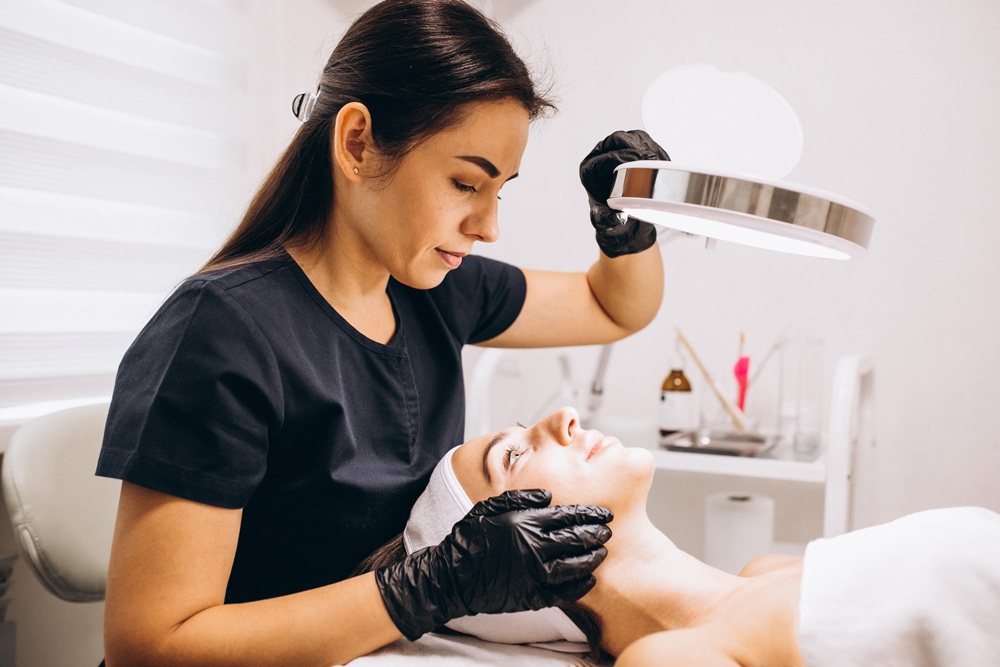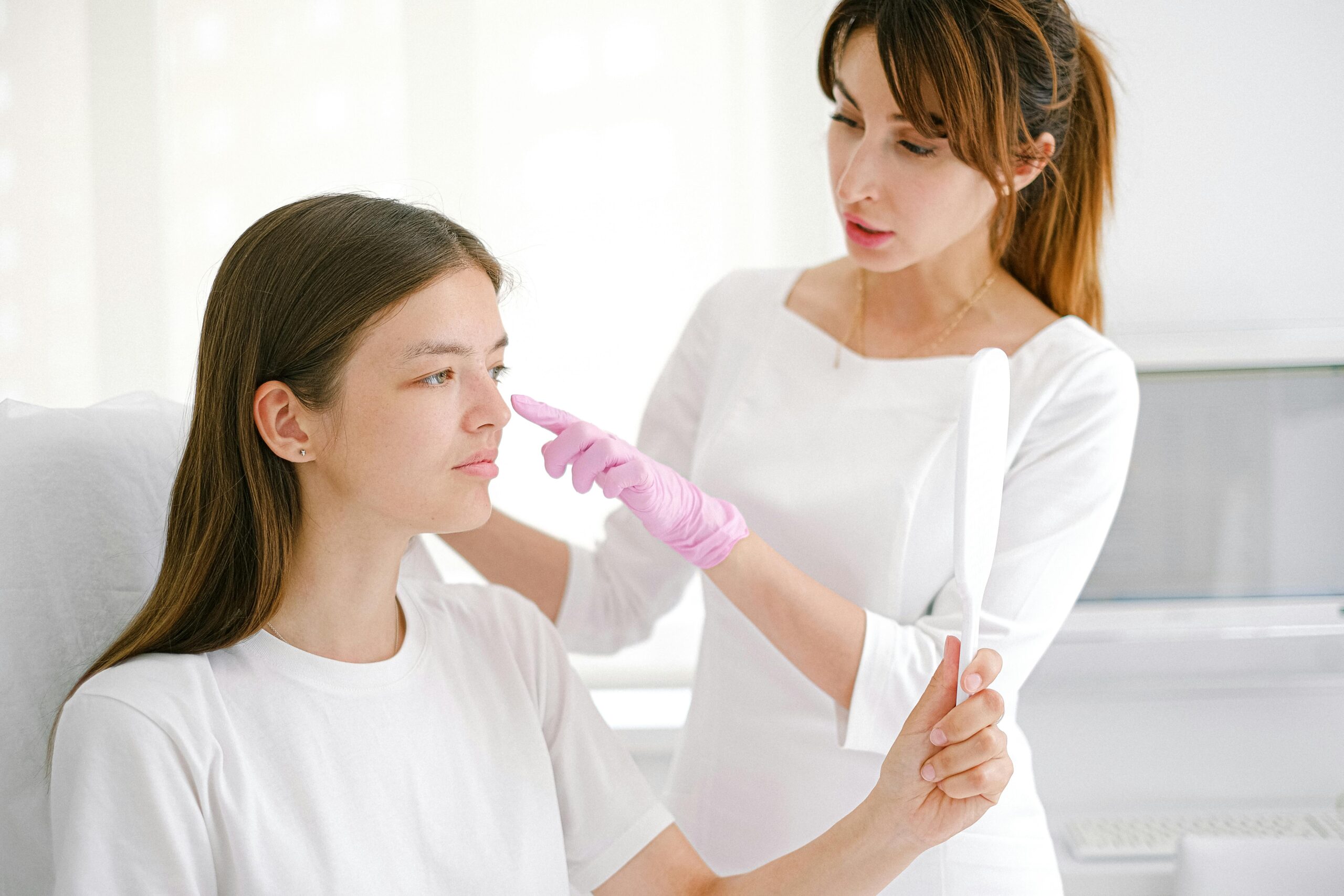Do you need a pediatric dermatologist? Skin problems can significantly impact children and adolescents. While…

Skin and Body Checks – Allied Dermatology Mentor Office
Your skin is your body’s largest organ and suffers the most wear and tear from external sources. Cuts, scratches, scrapes, bug bites, and blisters; your skin feels them all. While your dermatologist can help with all these skin-related ailments, regular skin cancer examinations can provide an early warning that enables potentially life-saving treatment.
Annual skin and body checks
Annual skin checks at Allied Dermatology and Skin Surgery’s Mentor office provide a stress-free, comprehensive way to look for skin cancers and other possible skin diseases. Our body checks, offer the reassurance that your skin is healthy, vibrant, and disease-free!
Our Mentor office professionals will begin skin checks with a visual examination, looking for any moles, lesions, or other abnormalities. Next, we use dermatoscopy techniques that examine pigmented lesions on the skin surface, which can make it easier to detect skin cancers.Here we discuss the results of your skin check and make recommendations, which could include the need for biopsies. We will also discuss any concerns you might have.
Conducting a self-examination
In between annual skin checks, you should also conduct self-examinations of your hands and arms, face and head, chest and back, and everywhere from the waist down. You’re looking for pink bumps or abnormal spots, crusty or scaly spots, black or brown spots, unusual moles, warts, areas that cause irritation or pain, or anything that hurts your self-confidence. One easy way to conduct a self-examination is to follow the ABCs:
- Asymmetry — When one half of a mole or skin irregularity does not match the other half causing an asymmetrical shape
- Border irregularity — When the edges of the mole are ragged or uneven
- Color — When a mole changes color or contains multiple colors within it
- Diameter — Any mole larger than 6 mm in size
- Evolving — Any time a mole changes either shape, color, or size
Call our Mentor office at (866) 337-6631 to schedule an appointment with our dermatology trained Nurse Practitioner Gina Berardinelli, CNP. She looks forward to seeing you soon!



